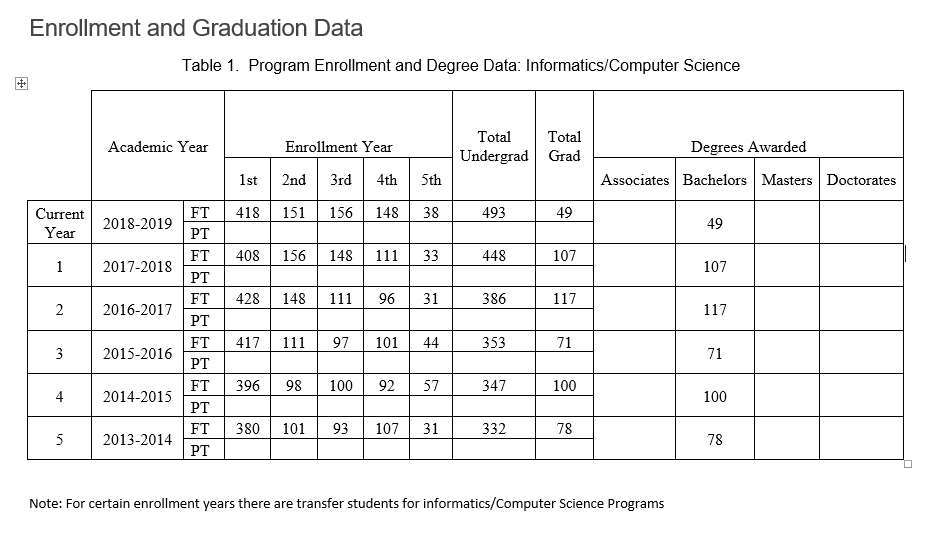Undergraduate Program in Informatics
The Informatics Study Program provides education in the areas of theoretical foundations of information and computing as well as practical techniques for their application in computer systems.
In the current era of globalization, IT (Information Technology) has become an essential requirement for every organization, including companies in both the service and goods sectors, as well as nonprofit organizations. Moreover, this technology is one of the fields that can directly impact individuals in areas such as communication, entertainment, and education. Therefore, the demand for professionals in the field of Informatics Engineering is very high, both nationally and internationally. In addition to being absorbed into the job market, graduates of Informatics Engineering can also easily become entrepreneurs, leveraging their expertise and creativity in the field of Informatics.
The establishment of the Informatics Engineering Study Program at ITB began with the use of computers under the management of the ITB Computer Center. Driven by a spirit of growth and development, formal education on computers started with the launch of the Technical Expert Education in the Computer Usage Department (PAT-JPK) in 1978.
Students in the Informatics study program will also explore various computer science topics, such as algorithms and data structures, computation theory, programming languages, data and information retrieval, operating systems, artificial intelligence, computer vision, computer networks, software engineering, computer security and cryptography, machine learning, distributed systems, computer graphics and visualization, and other exciting areas.
The curriculum of this program is designed to prepare students to enter the rapidly evolving field of computing and the competitive job market. Its development is based on the curriculum and course recommendations from the Institute of Electrical and Electronics Engineers Computer Society (IEEE-CS) and the Association for Computing Machinery (ACM).
- Lulusan akan memiliki karir yang sukses dalam profesinya di bidang Teknik Informatika atau bidang yang terkait
- Lulusan akan berhasil menempuh studi pascasarjana atau terlibat dalam pengembangan professional
- Lulusan akan menunjukkan kepemimpinan dan berperan aktif dalam memajukan komunitasnya, khususnya dalam pengembangan alat, teknologi, dan metodologi baru
- Menganalisis masalah komputasi yang kompleks dan menerapkan prinsip-prinsip komputasi serta disiplin ilmu terkait untuk mengidentifikasi solusi.
- Merancang, mengimplementasikan, dan mengevaluasi solusi berbasis komputer untuk memenuhi persyaratan komputasi yang diberikan dalam konteks disiplin program.
- Berkomunikasi secara efektif dalam berbagai konteks profesional.
- Mengenali tanggung jawab profesional dan membuat keputusan berdasarkan prinsip-prinsip hukum dan etika dalam praktik komputasi.
- Berfungsi secara efektif sebagai anggota atau pemimpin tim yang terlibat dalam kegiatan sesuai dengan disiplin program.
- Menerapkan teori ilmu komputer dan dasar pengembangan perangkat lunak untuk menghasilkan solusi berbasis komputer yang memenuhi kebutuhan dengan memperhatikan batasan dan sumber daya.
- Developing and creating software, including areas such as web application development, mobile apps, security challenges, and user interface design. This career path encompasses the majority of roles in Informatics and Computer Science, with numerous software and IT service companies, as well as various organizations in government, banking, industry, education, and healthcare, offering job opportunities in this field.
- Designing new and better ways to use computers, focusing on advancements and innovations in the application of computer technology. This career path may require an advanced postgraduate degree, followed by positions in research universities or research and development laboratories in industry. It can also involve entrepreneurial activities such as founding high-tech start-up companies.
- Developing effective methods to solve computational problems. This track focuses on the development of theories and algorithms to ensure optimal solutions for computation-intensive problems, such as retrieving information from billions of web documents, processing millions of requests simultaneously, providing new approaches to security issues, and more. This career path typically requires a postgraduate degree, often up to the doctoral level, followed by positions at research universities or in industry research and development laboratories.

